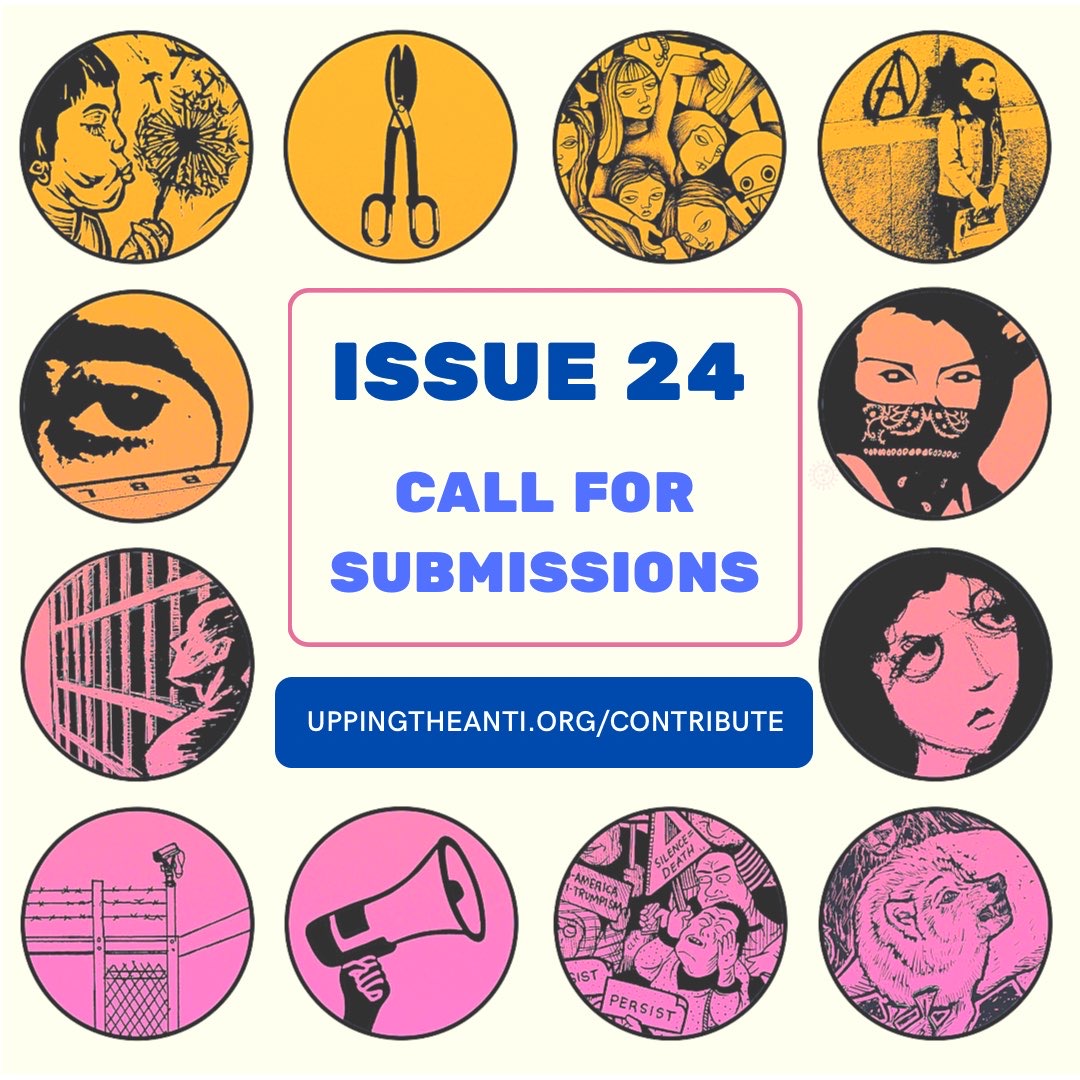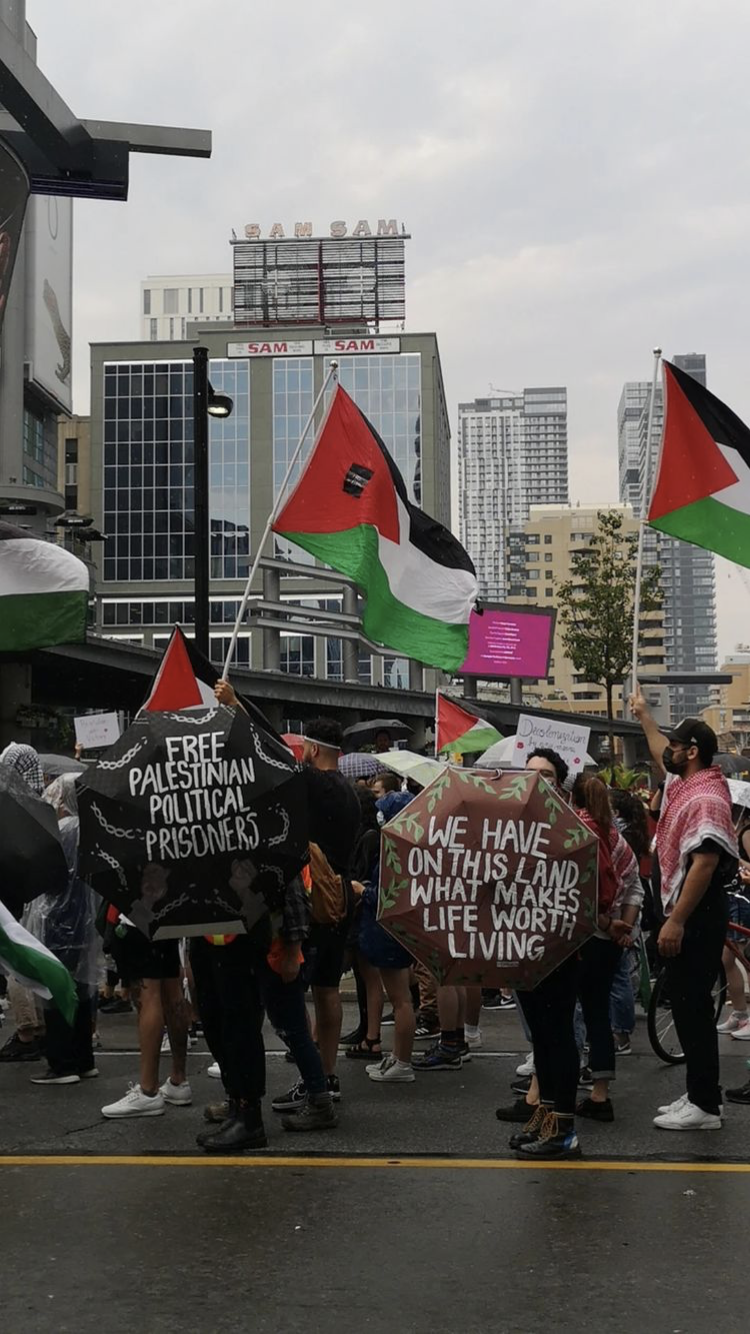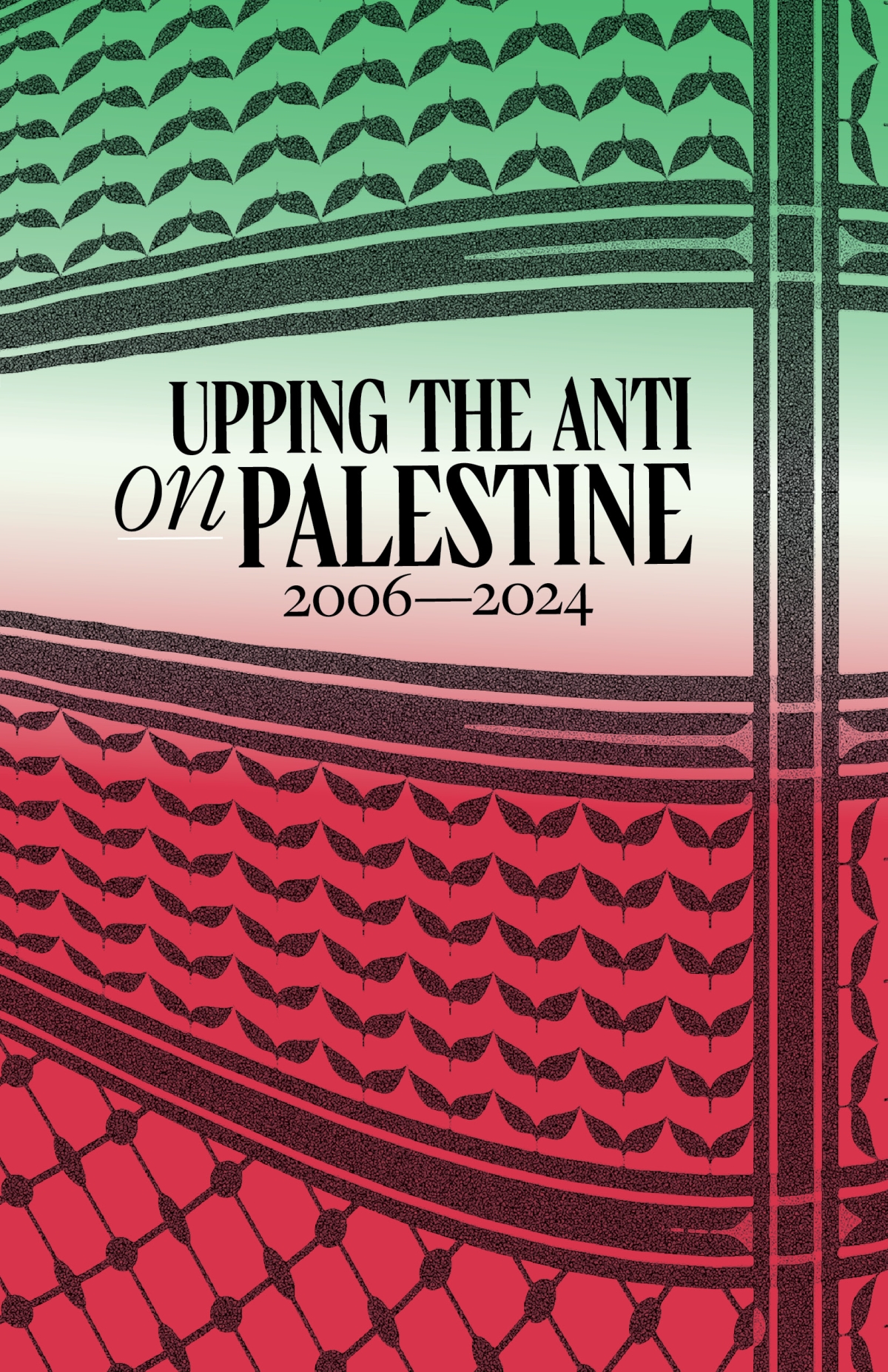Blog
-
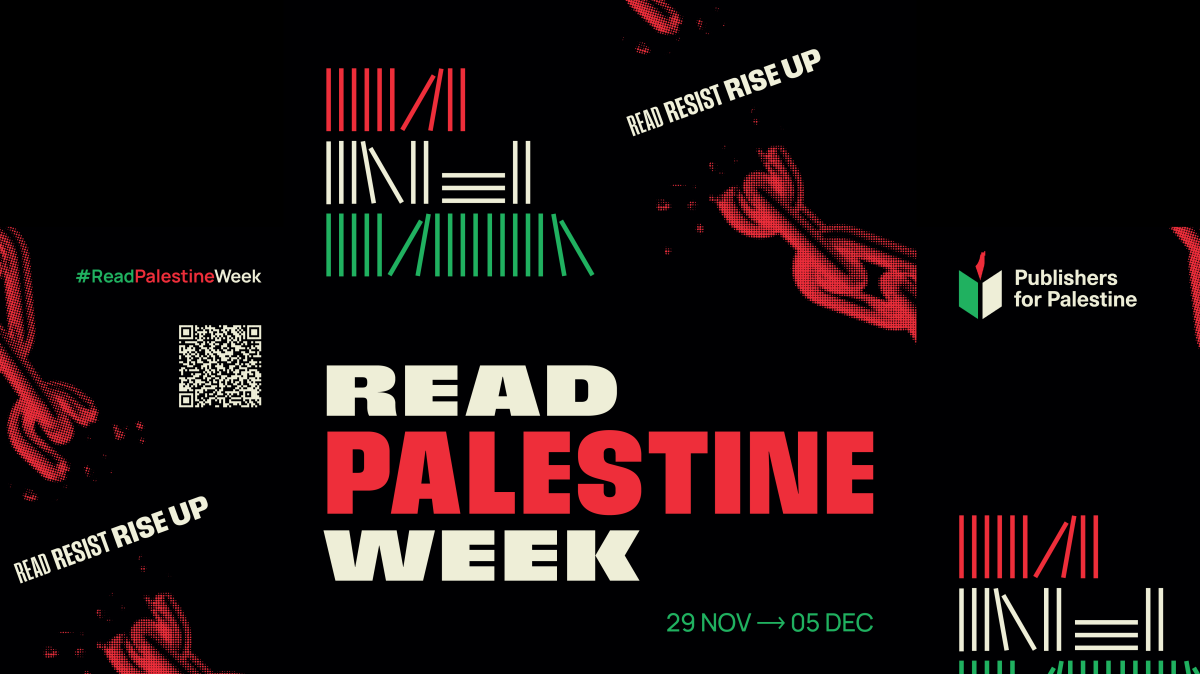 Blog
BlogRead, Resist, Rise Up!
Join us for the second international #ReadPalestineWeek, starting Friday, November 29, on the International Day of Solidarity with the Palestinian People.
-
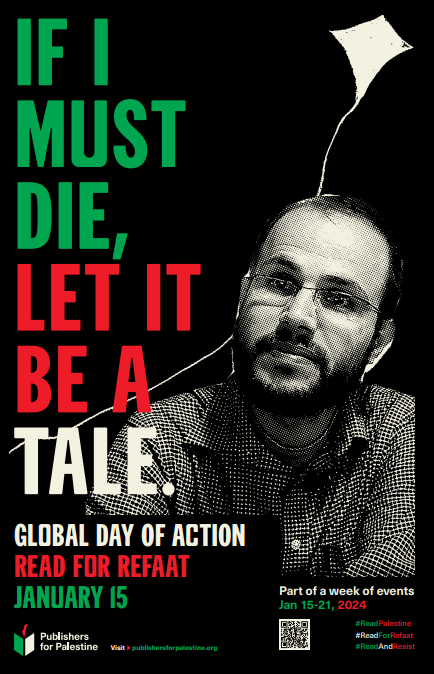 Blog
BlogRead for Refaat
Global Day of Action:
On January 15, 2024, forty days after Palestinian poet, editor, and educator Refaat Alareer was killed under Israeli bombardment, Publishers for Palestine is calling for a Global Day of Action, followed by a week of events, in which we read Refaat’s poetry in public and refuse business as usual, demanding an end to the genocide and the occupation. -
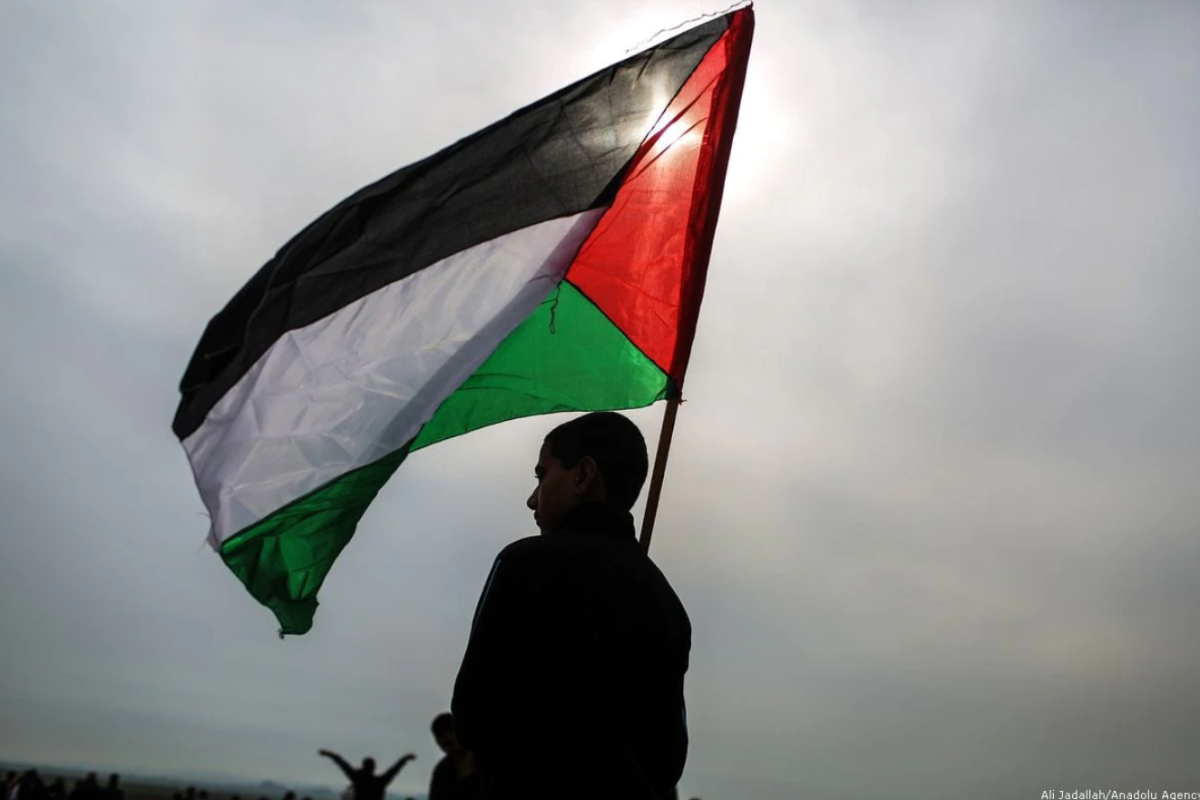 Blog
BlogPublishers for Palestine: Statement of Solidarity
We invite publishers, editors, and writers around the world who stand for justice, freedom of expression, and the power of the written word, to sign this letter and join our global solidarity collective, Publishers for Palestine.
-
-
 Blog
BlogLooking to the Past to Imagine the Future: A Review of Graeber and Wengrow’s The Dawn of Everything
Leslie Epp reviews David Graeber and David Wengrow’s “The Dawn of Everything”
-
Blog
Dispatches from the Ground
An interview with Rawan Nabil at the #MakeNoiseforJerusalem Rally in Toronto on August 7, 2021.
-
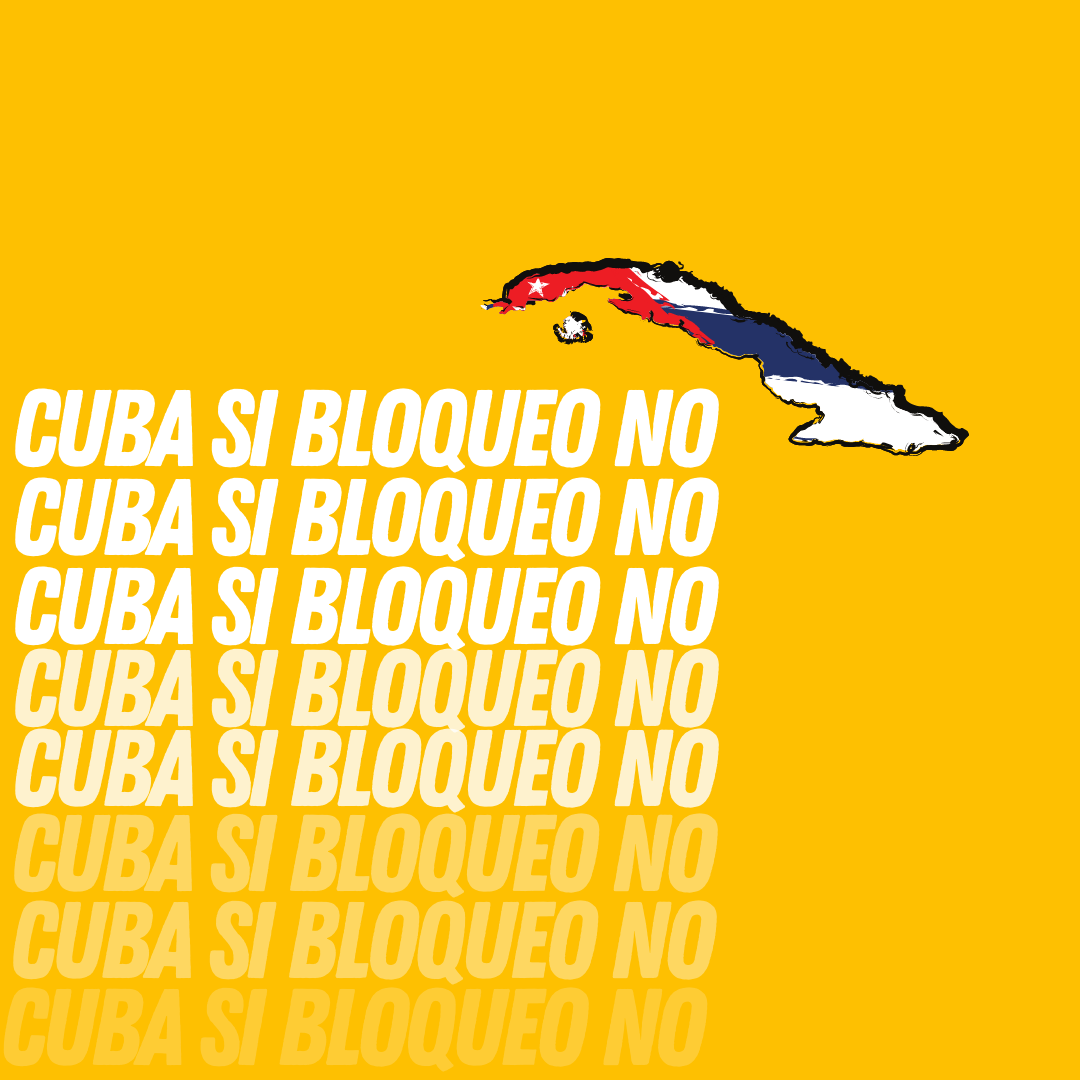 Blog
BlogMaking sense of the protests in Cuba
In the last few weeks, Cubans have poured out into the streets in relatively large numbers denouncing scarce access to food, medicine, and other necessities in the country. While turnout was perhaps small compared to mass demonstrations in other Latin American countries, it was nonetheless significant for a country where protest is effectively illegal and unsanctioned demonstrations are rare.
-
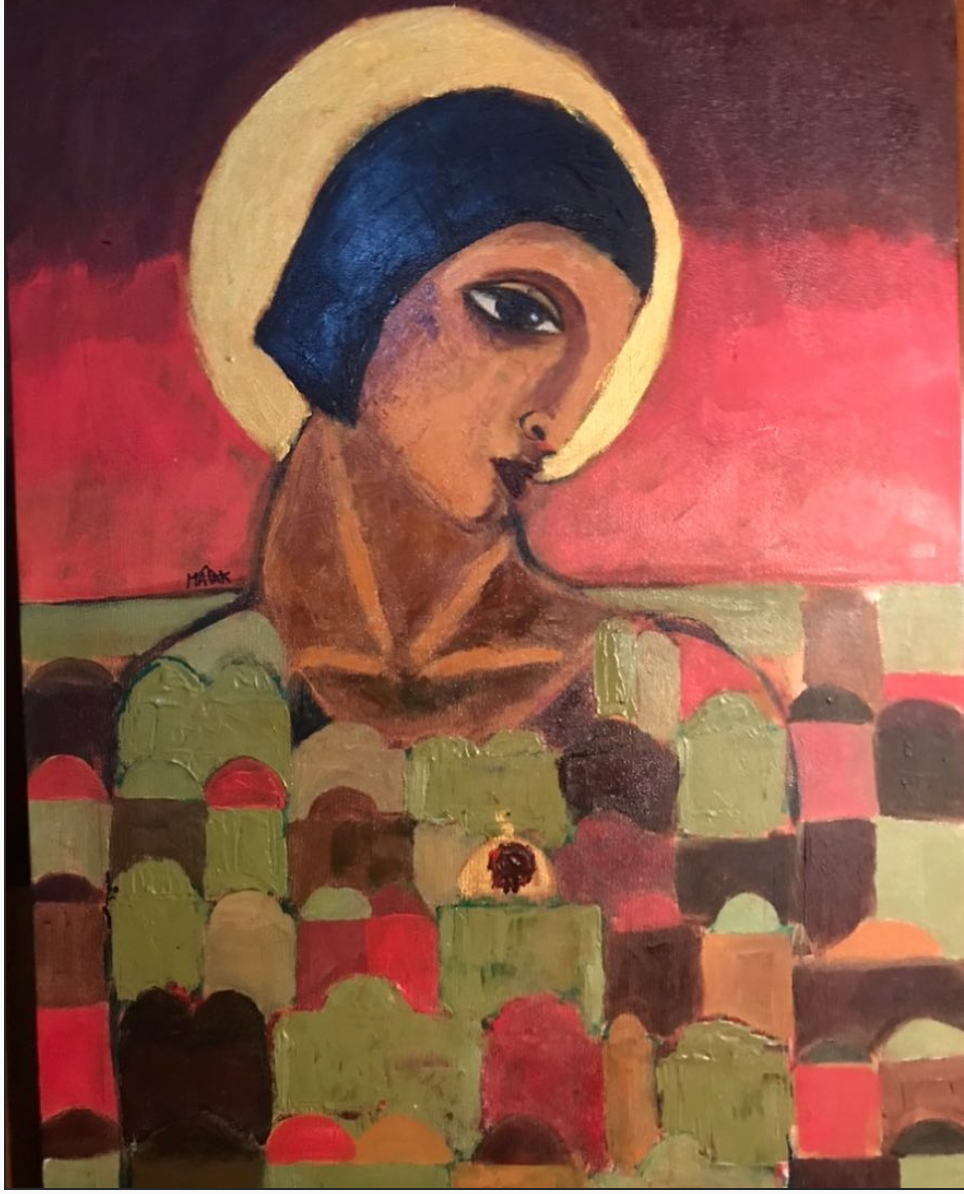 Blog
BlogPalestinian Resistance: 73 Years since the Nakba; A discussion about Sheikh Jarrah, the Nakba, and Ongoing Palestinian Resistance
On the 73rd Anniversary of the Nakba Day, May 15th, 2021, Binish Ahmed interviewed Emilio Dabed, Nayrouz Abu Hatoum, and Mark Muhannad Ayyash for Azaadi Now! Together, they discussed the recent events in Sheikh Jarrah and the ongoing Palestinian occupation 73 years since the Nakba.
-
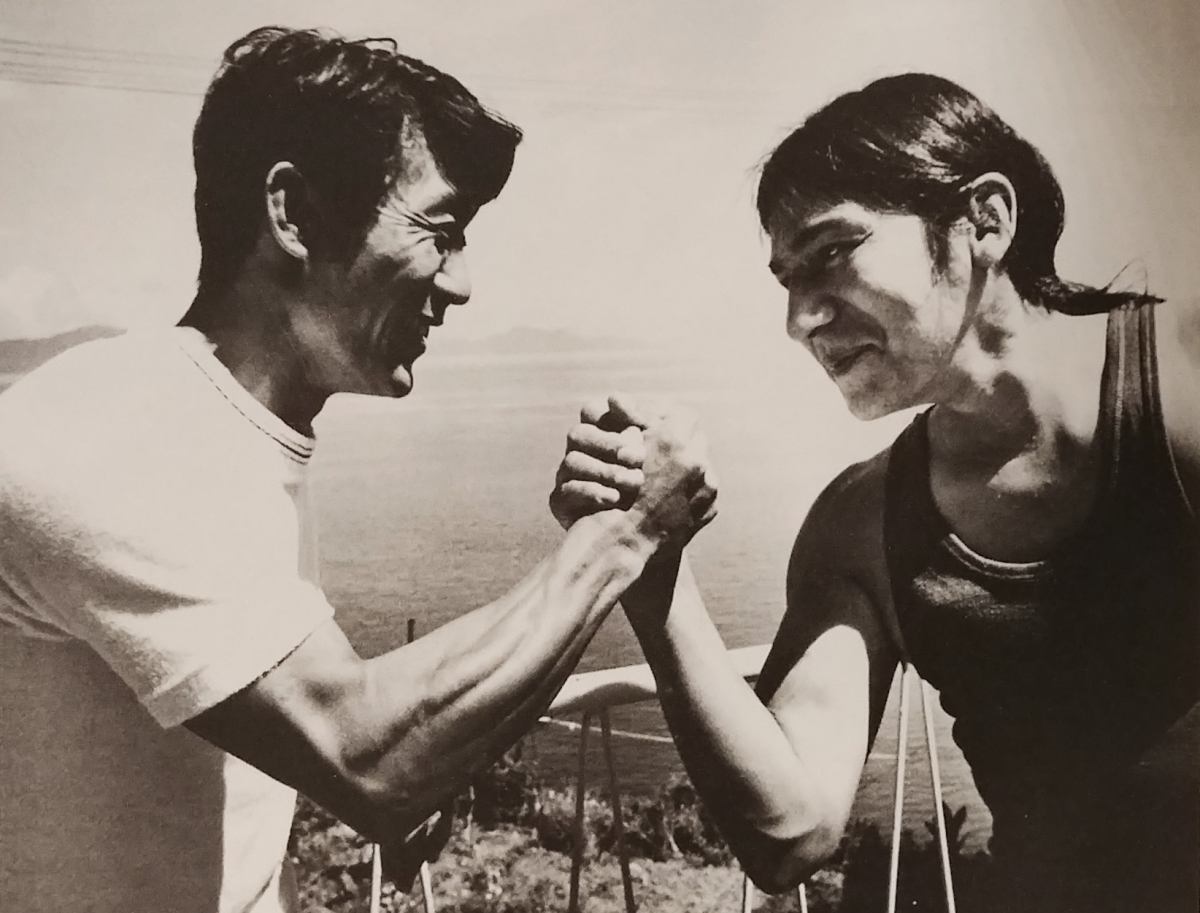 Blog
BlogWe Have Never Experienced Such Concern: Transnational Bonds of Solidarity from Minamata to Grassy Narrows and Whitedog First Nations
“Thank you for your donation.” Prime Minister Justin Trudeau’s smug comment towards a frustrated supporter of Grassy Narrows First Nation at a $1500-per-ticket Liberal party fundraiser was caught on video and quickly went viral in March 2019. Trudeau later apologized for his response, made in the lead-up to the 2019 federal election campaign, but continued to stall on his government’s 2017 promise to build and fund a mercury treatment home in Grassy Narrows, also known as Asubpeeschoseewagong. Trudeau’s critics argued that his glib reply, while uncharacteristic of his usual “sunny ways” demeanor, actually showed his true colours. Indifference towards the wellbeing of Indigenous peoples and their traditional territories is par for the course for Trudeau, and indeed every previous colonial Canadian government.
This was only the latest episode in more than fifty years of mistreatment experienced by the mercury-afflicted communities of Grassy Narrows and neighbouring Wabaseemoong Independent Nations, commonly known as Whitedog First Nation. Community members have tirelessly campaigned to hold federal and provincial governments, as well as the culpable corporations, accountable for recklessly disregarding Indigenous lives and the environment. Their holistic vision of mercury justice includes cleaning-up the river system, preventing further environmental destruction by halting industrial logging, building the treatment home, and securing compensation for all people in mercury impacted First Nations. These activities are part of an ongoing process of asserting sovereignty over their land in order to restore Anishnaabe culture and wellbeing.
-
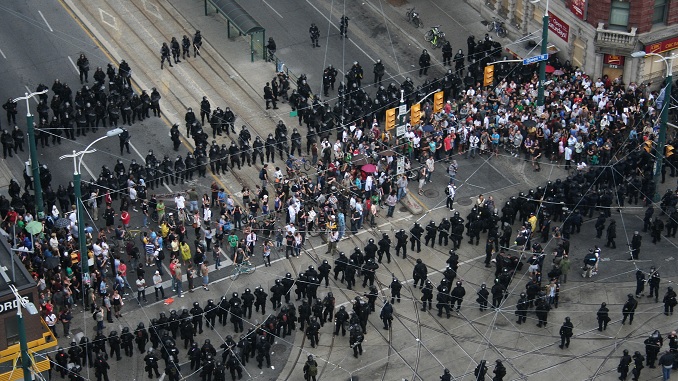 Blog
BlogClass Actions, Mass Movements: Policing, Politics, and the Toronto G20 Settlement Agreement
A decade after the Toronto G20 summit, two mass class actions brought against the Toronto Police Service (TPS) by people caught up in kettles and/or imprisoned at a temporary detention center have been settled. After a detour to the Supreme Court of Canada – the TPS unsuccessfully attempted to have the lawsuits dismissed – a settlement which includes $16.5 million in financial compensation, expungement of arrest records, and “a public police acknowledgement regarding the mass arrests and the conditions in which protesters were detained” has been reached. The settlement still needs to be approved by Ontario’s superior court in October 2020, but there is no doubt that it is a victory – a rare example of police being held at least somewhat accountable in the aftermath of social movement repression. Beyond the TPS’s “acknowledging” of their misdeeds, however, it is worth thinking through the potential impact of this settlement – and especially the specifics of the TPS’s “commitment to detailed changes regarding policing of future public demonstrations” – on street protest and broader organizing in Toronto.

